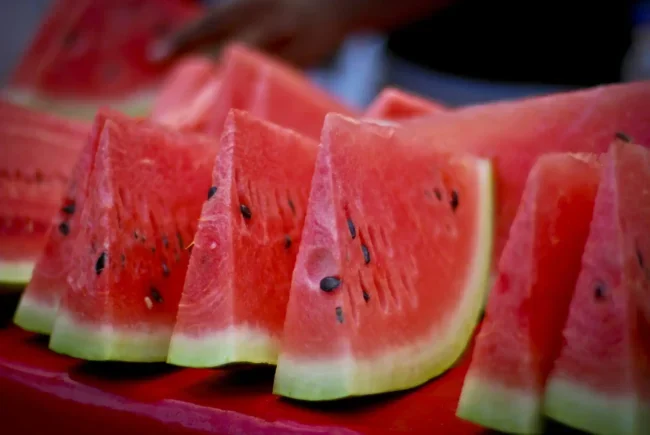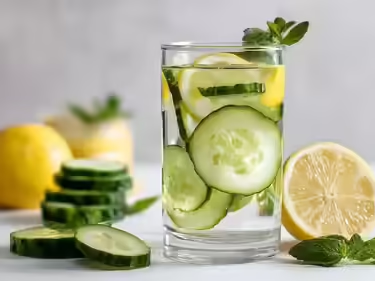Yes, watermelon seeds are safe to eat and are actually quite nutritious. They are rich in protein, healthy fats, vitamins, and minerals. However, some people may find them tough or unpleasant to eat due to their hard outer shell.
To make them more palatable, you can roast watermelon seeds. Simply wash and dry the seeds, toss them with a bit of oil and salt, and then roast them in the oven until they are lightly golden and crunchy. Roasting enhances their flavor and makes them easier to chew and digest.
some potential health benefits of watermelon:
- Rich in Nutrients: Watermelon seeds are packed with essential nutrients such as protein, healthy fats, vitamins, and minerals. They contain significant amounts of magnesium, iron, zinc, and folate, among others.
- Source of Protein: Watermelon seeds are a good plant-based source of protein, which is essential for muscle repair, growth, and overall health.
- Heart Health: The magnesium content in watermelon seeds may help promote heart health by supporting normal heart rhythm and aiding in blood pressure regulation.
- Supports Immune Function: The zinc found in watermelon seeds plays a vital role in supporting immune function and wound healing.
- Digestive Health: Watermelon seeds are a good source of dietary fiber, which can help support healthy digestion and prevent constipation.
- Antioxidant Properties: Watermelon seeds contain antioxidants such as vitamin E and certain phenolic compounds, which help protect the body from oxidative damage caused by free radicals.
- Healthy Fats: Watermelon seeds contain healthy fats, including monounsaturated and polyunsaturated fats, which are important for maintaining cell structure, hormone production, and overall health.
- Blood Sugar Control: Some studies suggest that watermelon seed extract may have potential antidiabetic effects by helping to regulate blood sugar levels, although more research is needed in this area.







